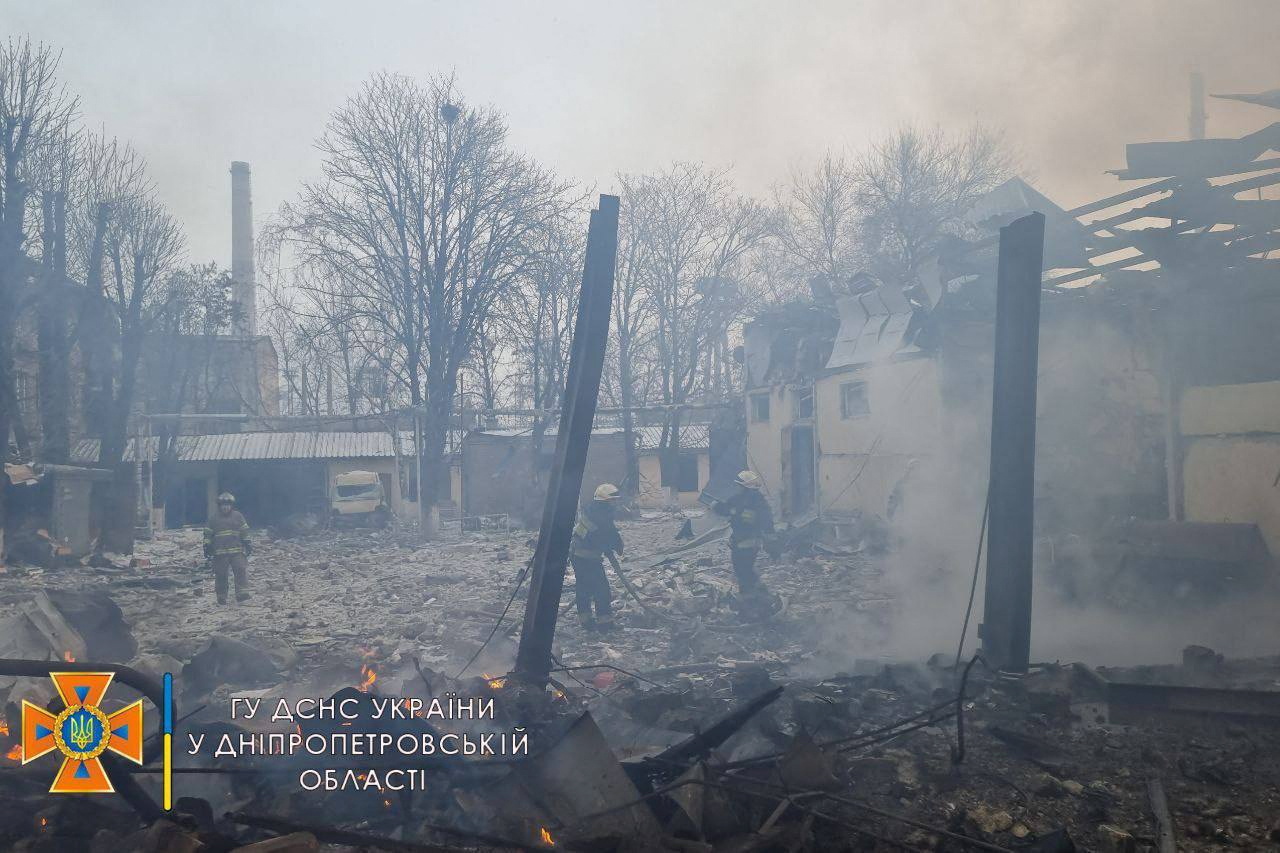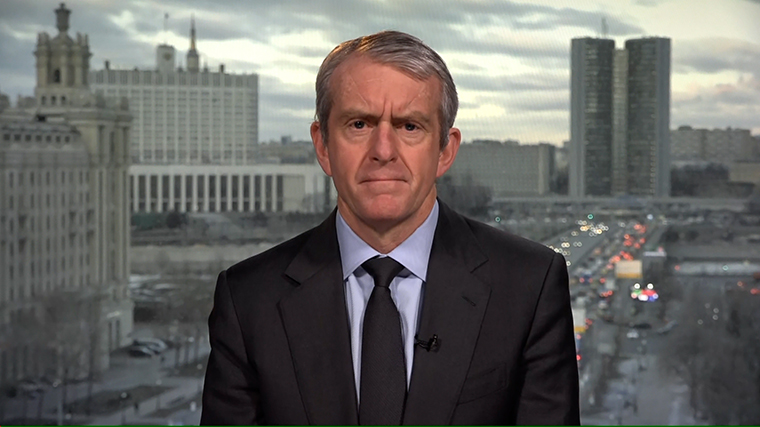At least one person was killed by explosions in the Ukrainian city of Lutsk on Friday, the city's mayor Ihor Polishchuk said on his official Facebook page.
"Today at approximately 5:45 there were three explosions. Three missiles hit our military airfield. There is one dead. Information about the injured is being clarified. The SES (State Emergency Service) is working on the spot," he said.
The city's alert system "did not work at all," and the "military administration and the military will work on this issue," he added.
In the western city of Ivano-Frankivsk, an airfield was also hit and the warning system didn't work, Polishchuk said.
"The Armed Forces of Ukraine did not turn it on. Why didn't they turn it on? Because the missiles were flying at ultra-low speeds or for some other reason, the military will work on it."
He added: "Please do not stand by the window during the explosions, do not take photos and videos and then do not publish them on social networks, because the enemy is tracking all these messages. This is additional information for the enemy. If there are explosions, please proceed to the shelter."






